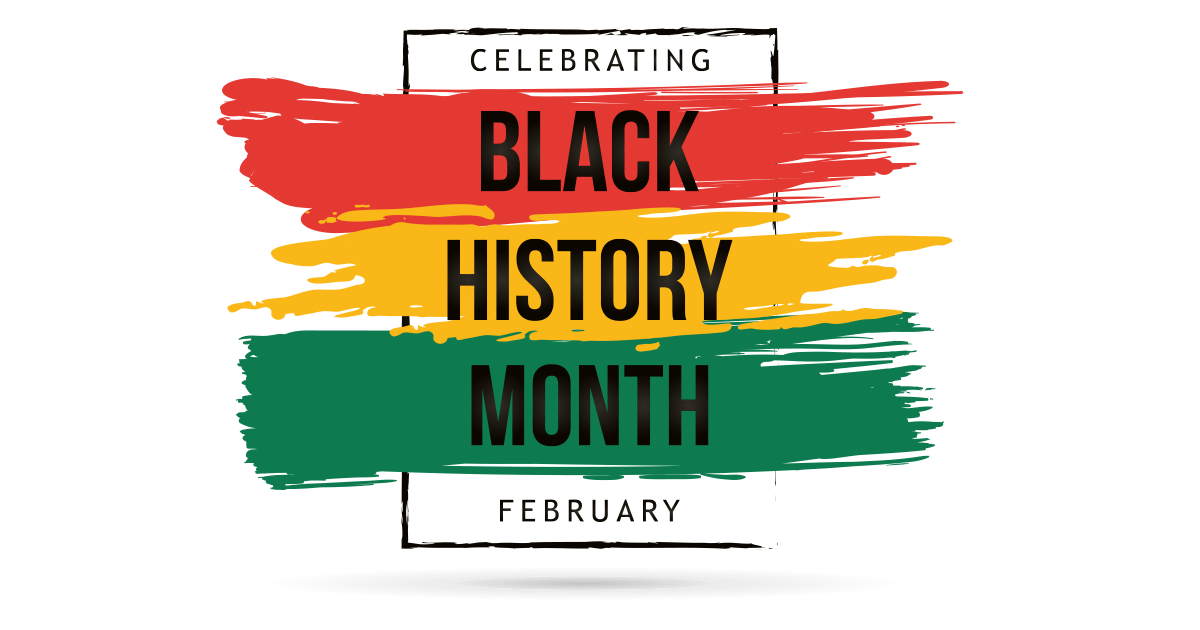MPH Newsletter, Vol.2
Using data to improve the health of communities through community health needs assessments and implementation strategies. Click on or scan the QR code to learn more about our business or connect with us!
We’re back, this time with more useful information about community health!
Thank you so much for subscribing to our newsletter. It means so much to us to reach out to a community of like-minded individuals about topics that we’re passionate about. In this edition, we highlight some of our recent work that we are proud of and showcase some public health topics that we have been thinking about, particularly as we recognize Black Histories and Futures month in February.
As always, our focus this month is to collect and transform data into actionable results. Reach out to us anytime to learn more about community health needs assessments and implementation strategies! Set up a FREE discovery call with us here.
Stay healthy,
Our Latest Work!
We have had the pleasure of working with Community Health System on their community health needs assessment and community health implementation strategy across 2022 and into 2023. They recently completed this project and published their reports. Click on the links below to find out more!
“I showed our leadership team the report and they all absolutely love it! Everyone was ecstatic with the work you’ve done. Truly, you have done such an incredible job.” — Community Health System
DID YOU KNOW?
According to the National Hospital Ambulatory Medical Care Survey, as summarized in this CDC Data Brief, the percentage of ED visits across the US with an opioid prescribed at discharge decreased from 12.2% in 2017–2018 to 8.1% in 2019–2020.
Many of us acknowledge the risks and benefits of opioid treatment for chronic pain. The improper use of opioids in what has been deemed the “Opioid Crisis” is sweeping the globe, and drug overdose deaths are on all of our minds. Many experts have pointed to the over-prescribing of opioids as a gateway to opioid addiction.
This month’s ‘did you know?’ is a promising statistic in that less opioids being prescribed could mean lower rates of drug overdose death. Monitoring of health outcomes for people who use opioids is needed. Are you considering how the “Opioid Crisis” affects your community?
tips & tricks of the month
Data collection. Feared & loved by many! This month’s tip is about primary data collection - and collecting new data. Always ask yourself why you are collecting a piece of data and how you will use it.
Make sure each piece of data that you collect serves a purpose in informing strategies to improve the health of a community and that it is in a usable form.
public health need spotlight: access to healthy food
One thing that all humans have in common: we all eat. An individual’s physical health is determined by their ability to access healthy foods.
There’s the basics like how far an individual has to travel to access healthy food options - where are the food deserts in your community? Public opinion research from Healthline indicates that only 28% of Americans can easily access healthy foods.
There’s also factors like finances, living situation, working situation, and more, that indirectly affect an individual’s ability to access healthy foods. It is important to put a spotlight on the intersecting factors that make up this public health need.
public health organization spotlight
February is Black Histories and Futures month, and in this edition of the newsletter, we would like to place a spotlight on prominent Black Public Health Organizations doing incredible work with their communities:
National Black Leadership Commission on Health is a non-profit organization fighting against HIV/AIDS, Hepatitis C, and expanding to include cardiovascular disease, breast cancer, prostate cancer, sickle cell anemia, diabetes, and mental health for Black Americans.
Consortium of African-American Public Health Programs strives to advocate for health equity and social justice for Black Americans through academic research and services to the community. This involves partnering with public health programs at historically Black colleges and universities.
Society for the Analysis of African American Public Health Issues is a nonprofit national public health organization comprised of researchers, physicians and health advocates dedicated to improving the overall health of African Americans through scientific research to inform interventions, programs and policy decisions to advance health equity for Black people.
The Center for Black Health & Equity is the leading nationally recognized public health entity for solutions impacting African American health.
The Black Mental Health Alliance aims to develop, promote and sponsor trusted culturally-relevant educational forums, trainings and referral services that support the health and well-being of Black people and their communities.
MPH favorites to share with you…
Jetting off to a sunny destination this winter? Don’t forget to protect yourself and your family from those harmful UVA & UVB rays, which are proven to be harmful to skin health!
Stephanie swears by Larkly Suncare - a lightweight mineral powder sunscreen that is easy to apply and leaves NO greasy residue.
Allie recommends Support Black Owned.com to identify Black-owned businesses you can support in your area! Head to their website, type in what service or product you are looking for, your location, and have immediate access to contact information for Black-owned businesses near you.
Here at MPH we set ourselves apart with our knowledge around data visualization. This month we are sharpening these skills with this essential read from Chip Heath & Karla Starr, “Making Numbers Count” (audio book available!).
what our team is thinking about this month…
Reflect and share your thoughts with us on our social media platforms!











